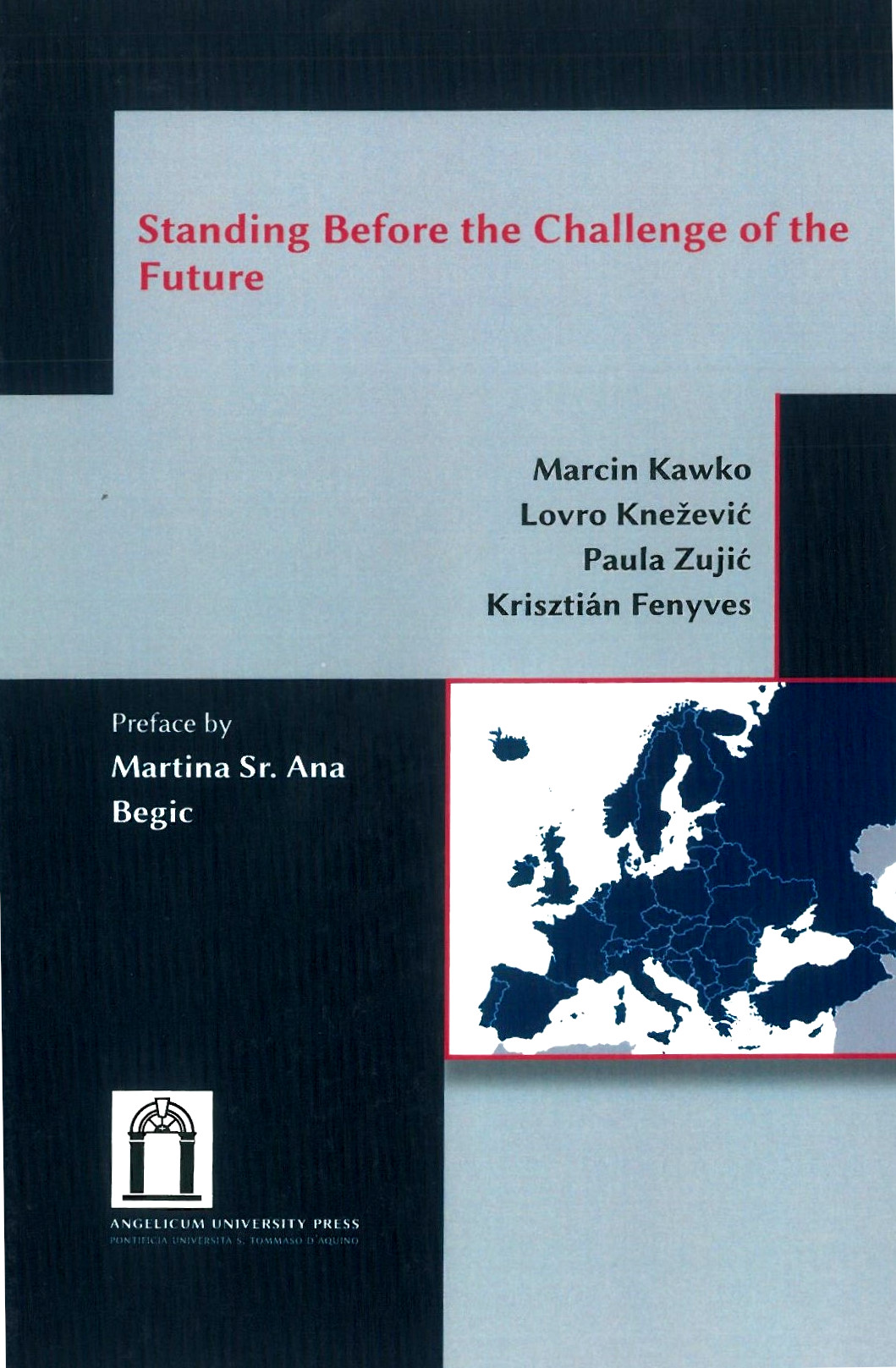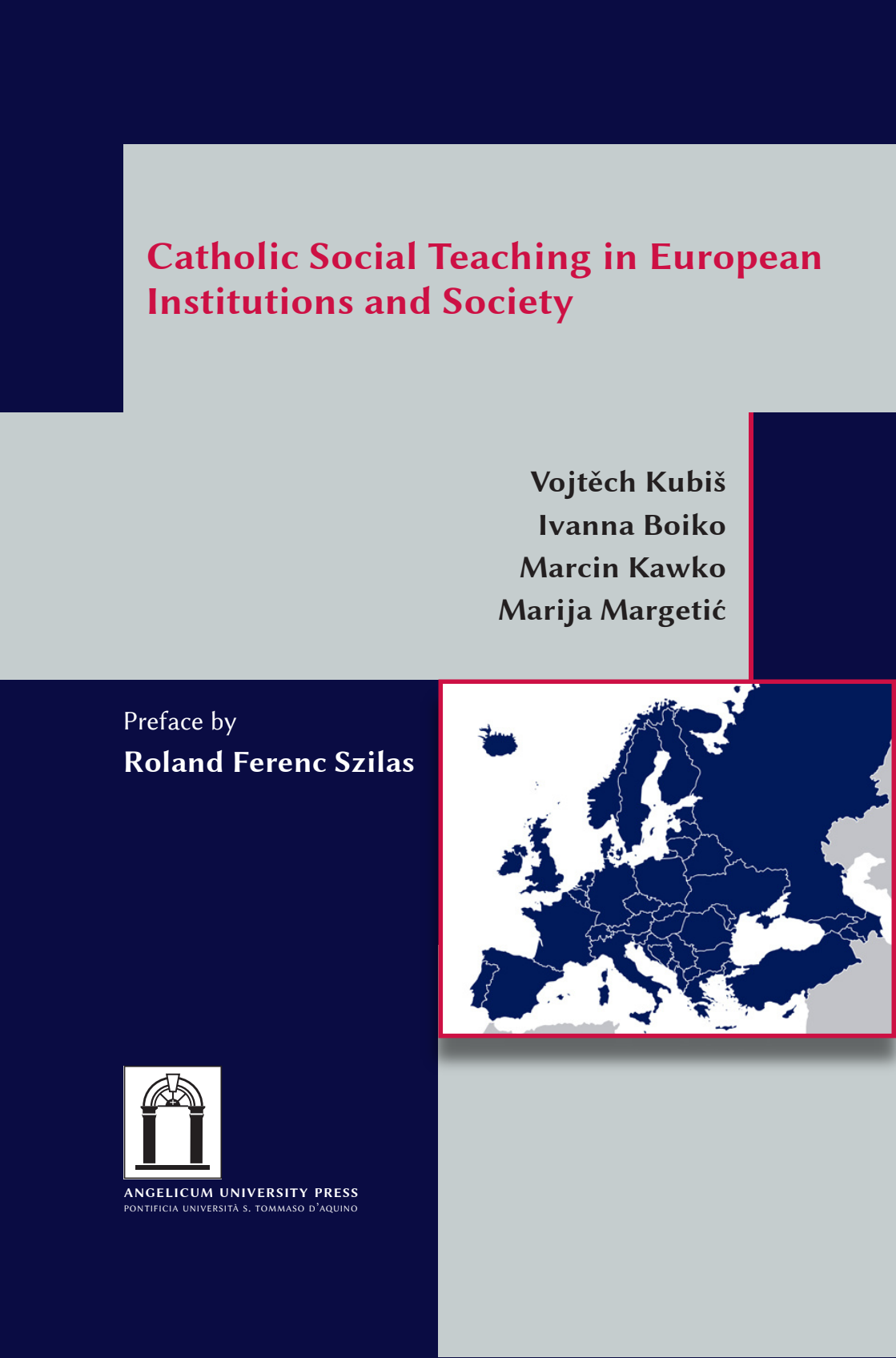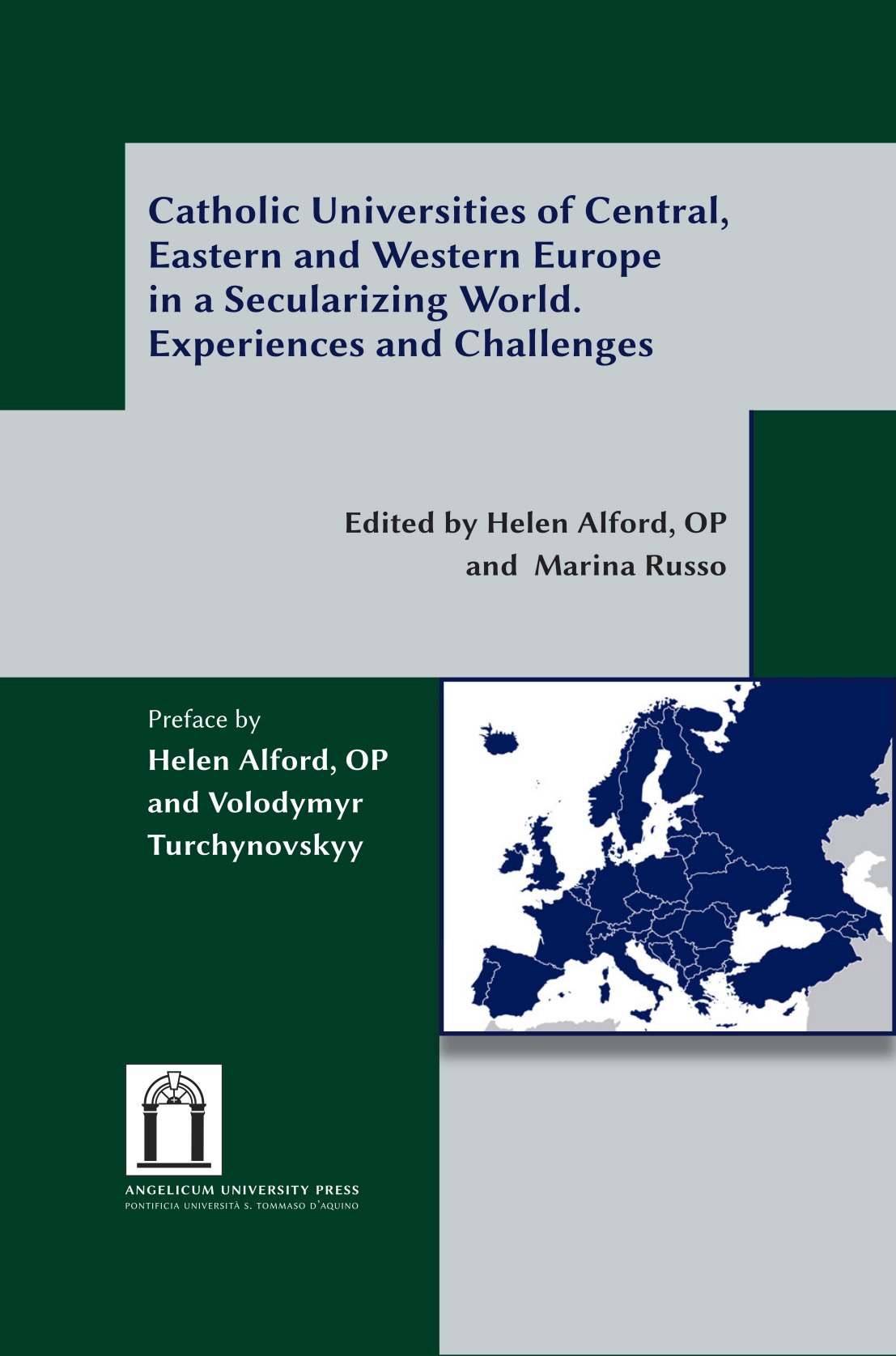Social Doctrine
The “social doctrine” or “social teaching” of the Church . . . is a term applied to a body of doctrine which has been built up progressively over about sixty–five years. It begins in 1891, with the encyclical letter Rerum Novarum; though it might be that we should date its commencement from the beginning of Pope Leo XIII’s reign in 1878.
up progressively over about sixty–five years. It begins in 1891, with the encyclical letter Rerum Novarum; though it might be that we should date its commencement from the beginning of Pope Leo XIII’s reign in 1878.
The doctrine is older than its name. Leo XIII did not use the term. At the beginning of Rerum Novarum, he said only that his intention was “to treat the question of set purpose and in detail, in order that no misapprehension may exist as to the principles which truth and justice dictate for its settlement” (RN 1). Farther on, there is mention of the “teachings” on which the Church insists on the authority of the Gospel (RN 13). At the end of the first part of his argument, which concerns the ideas of justice, friendship and brotherly love, he concluded: “Such is the scheme of duties and of rights which is taught by Christian philosophy.”1 . . .
In 1931, Pope Pius XI used the term “social philosophy” to describe the whole content of the great encyclical of Leo XIII (QA 14). The term covered Leo’s specific advice on practical matters as well as the “doctrines” drawn from the Gospel and the principles of “Christian philosophy” used by him. Thus it would seem that the new term “social philosophy” must cover a wider field than did the “Christian philosophy” of Leo XIII.
Pius XI did not stop at that point. Speaking always of Rerum Novarum and of its theoretical and practical teaching he used an expression which comes much closer to “social doctrine”. Praising the “doctrine” of Leo XIII in “social and economic matters” (QA 15), he said that he would develop in the second part of his encyclical Quadragesimo Anno some of the points of this “doctrina de re sociali et oeconomica”. It is to be noted that the whole of this presentation is concerned with the right of private property, capital, labour, the uplifting of the proletariat, the just wage and the reconstruction of the social order.
This “doctrine is carefully distinguished by Pius XI from the “disciplina socialis cattolica” built up little by little “under the teaching and guidance of the Church”, “under the guidance and in the light of Leo’s Encyclical”, by “many learned priests and laymen” who are called “adjutores ecclesiae” (QA 19-20). This “Catholic social science” is the fruit of research undertaken by Catholics in the fields of sociology and economics. This research was stimulated by the doctrinal statements of Leo XIII and of the magisterium in general, but it was not itself an exercise of authority. Pius XI implied that his aim was a wider one and more contingent than is that of the “doctrine” set forth by the teaching Church. “Catholic social science . . . continues to be fostered and enriched daily” according to the changing conditions of the times. It would seem that here we have to do with inquiries which are more pragmatic than are the declarations of the magisterium. Men set themselves the task of “adapting to modern needs the unchanging and unchangeable doctrine of the Church”. By means of the “action” of Catholics this “social science” gave rise to a new body of law and found concrete expression in new institutions.
1 RN 21. The authorized English version misses the point which is made here by the authors of this work. The Latin text says: “Talis est forma officiorum as jurium, quam Christiana philosophia profitetur.”– Translator’s note.
From Jean-Yves Calvez S.J. and Jacques Perrin S. J., The Church and Social Justice: The Social Teaching of the Popes from Leo XIII to Pius XII (1878 – 1958), Chicago, Henry Regnery Company, 1961, pp. 1 – 3 (originally published as Eglise et la Societé économique, Aubier, Editions Montaigne, 1959)
 IT
IT  EN
EN 
















